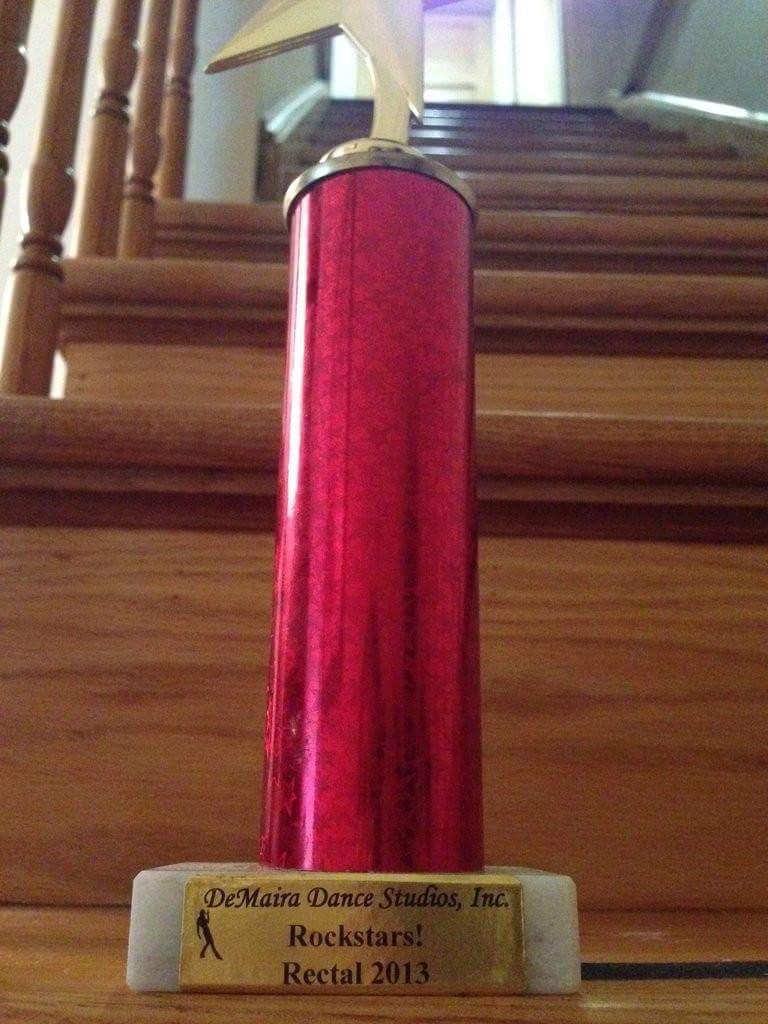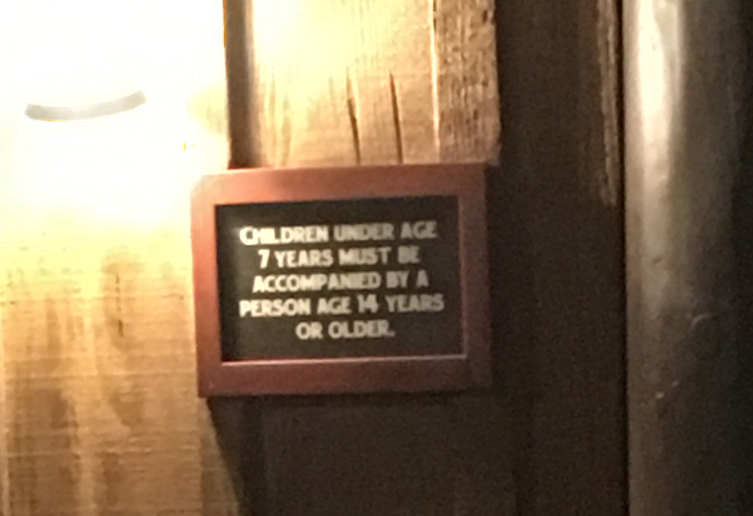
I saw this sign more than once at Disneyland (consistency is good!). I thought something was wrong with it, so snapped this picture vowing to do some research and figure out if I was correct. The problem is whether it should be “age” or “aged.”
According to Gregg:
I interviewed a man aged 52 for the job. [NOT: a man age 52.]
I don’t plan to retire at the age of 65 [NOT: at age 65.]
NOTE: Elliptical references to age–for example, at age 65–should not be used except in technical writing such as human resources manuals.
See the chart on page 64 for the schedule of retirement benefits for employees who retire at age 65.
The Merriam Webster online dictionary defines “aged” as
1. a: of an advanced age <an aged man>
b: having attained a specified age <a man aged 40 years>
2. typical of old age
Another source defines “aged” as “having reached the age of.”
So if you use those definitions with the Disney example, “Children under age 7 years must be accompanied by a person age 14 years or older,” since the chaperone will have “reached the age of” 14 or “attained a specified age” (in this case, the age of 14), I think the Disneyland signs should be changed to either “Children under the age of 7 years must be accompanied by a person aged 14 or older” or “Children under 7 must be accompanied by a person 14 or older.”
Not everyone spends time in the happiest place on earth internally deliberating the correct usage of a word, but it is something I am pretty passionate about and it didn’t cut into my “happy time.” Now I just need to figure out how to use that passion to get a proofreading job with Disney.
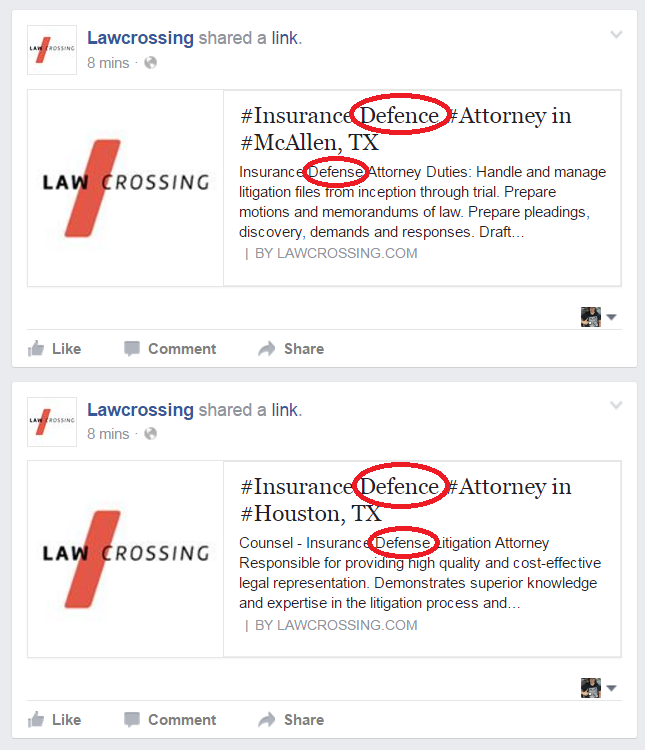


 Follow
Follow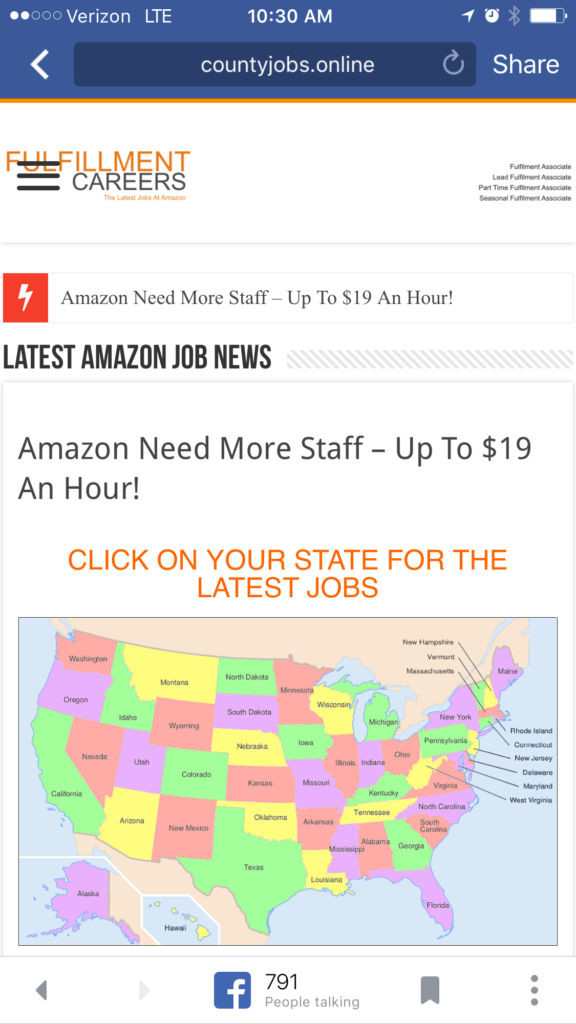
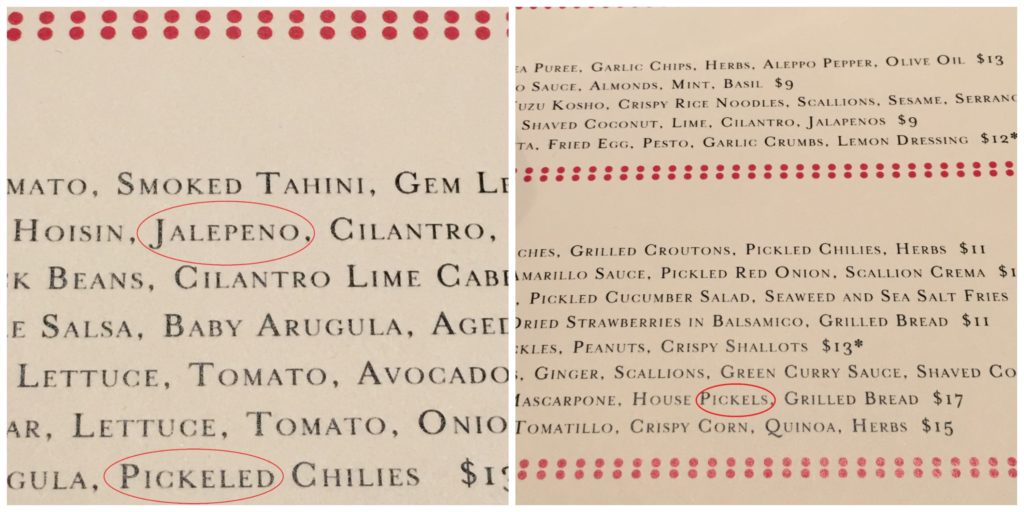
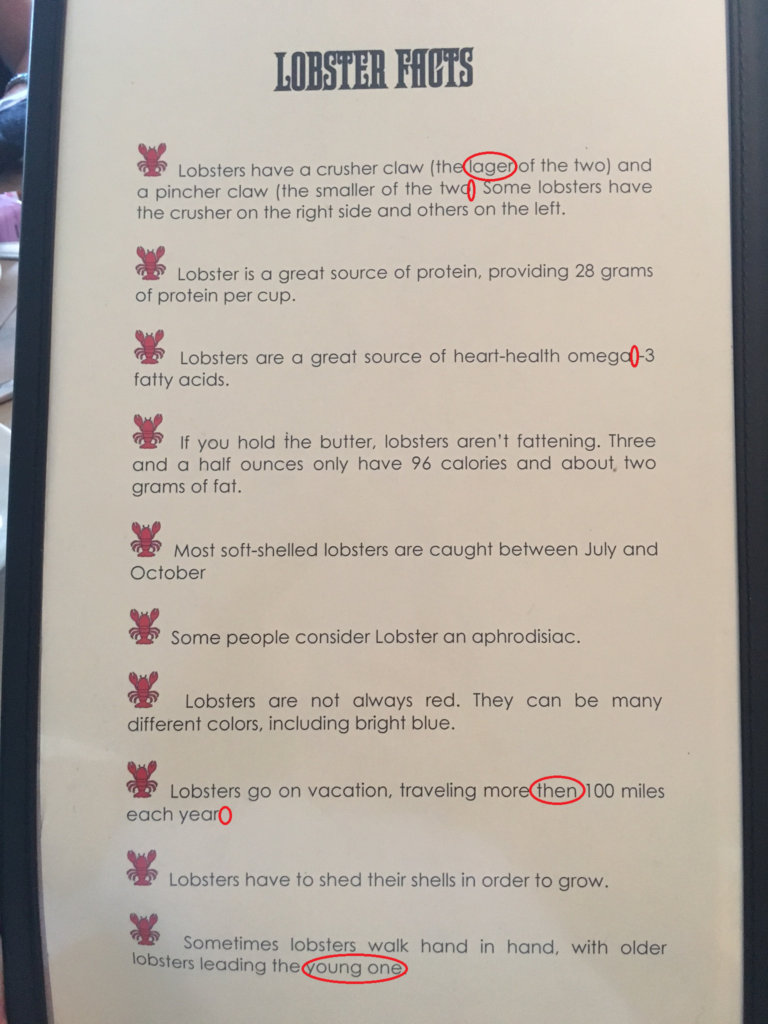
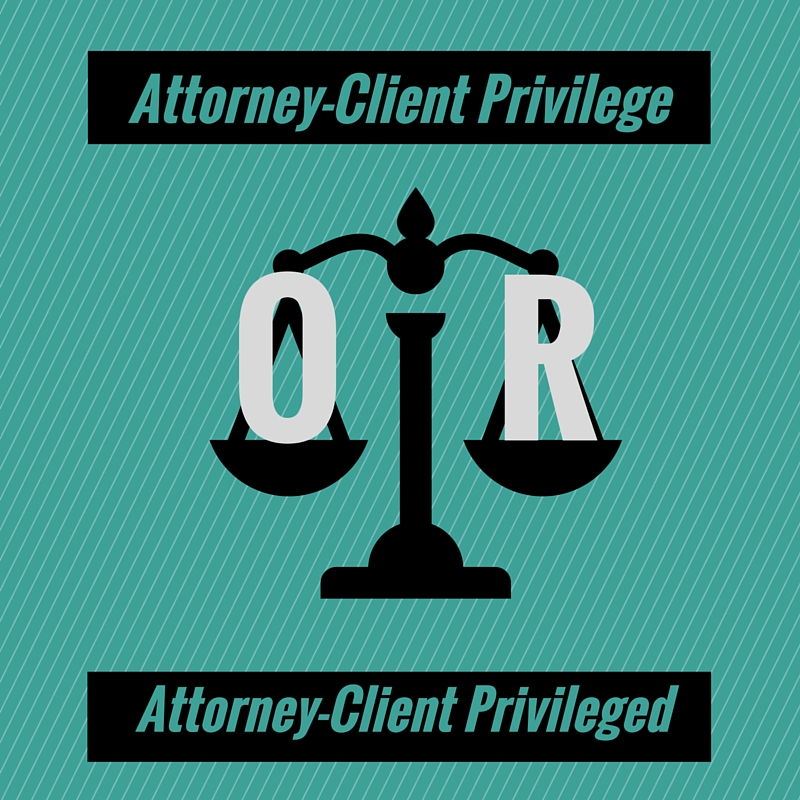 A reader wrote and asked me whether the phrase “attorney-client privilege” or “attorney-client privileged” was correct. I gave her my answer and told her that I would write a blog post on it.
A reader wrote and asked me whether the phrase “attorney-client privilege” or “attorney-client privileged” was correct. I gave her my answer and told her that I would write a blog post on it.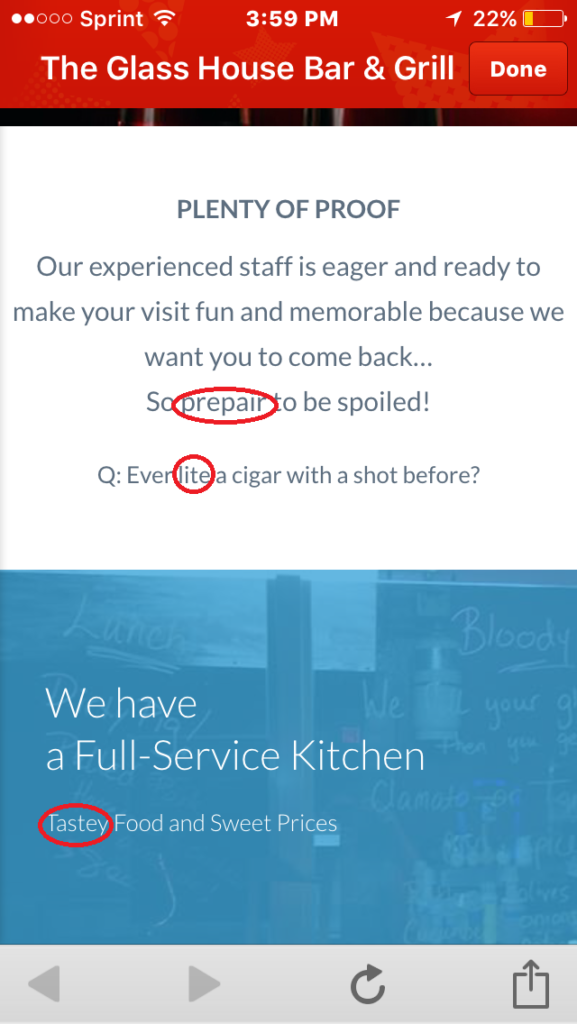
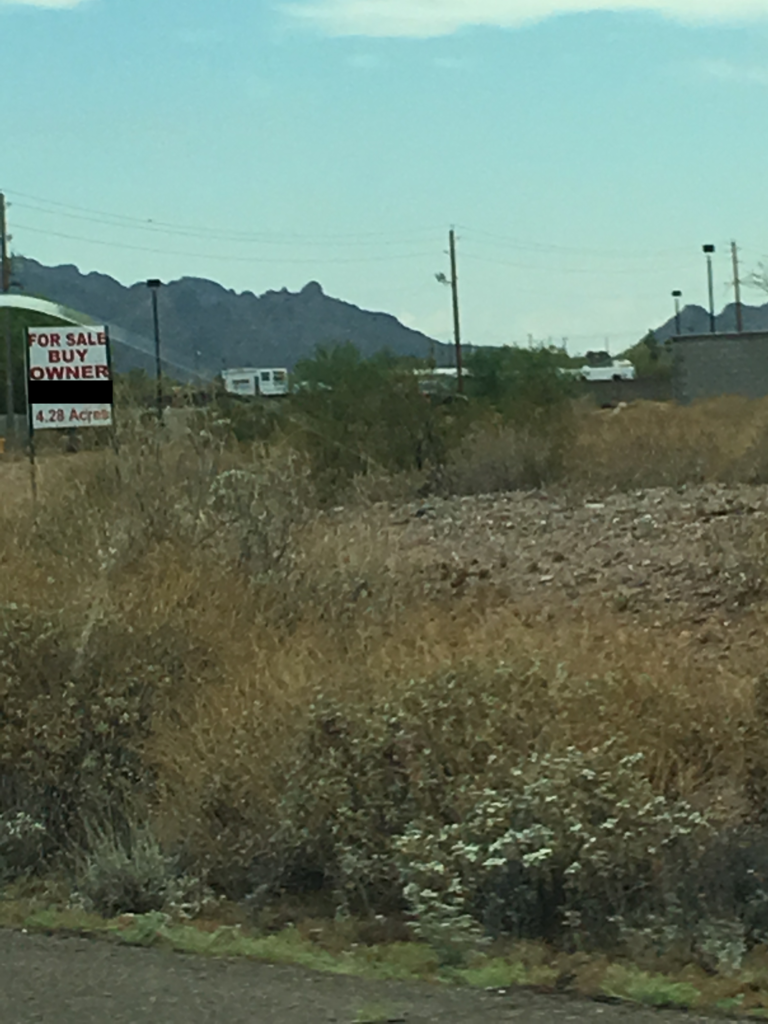
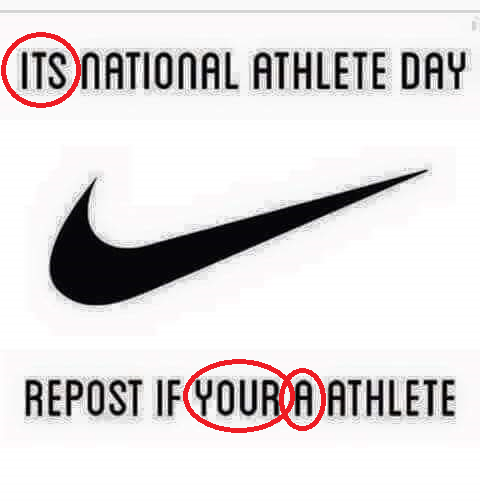 I typically scroll right past most Facebook memes because they are full of grammar errors (and we all know that makes me crazy)! But this one was one of the worst I’ve seen, so I had to share.
I typically scroll right past most Facebook memes because they are full of grammar errors (and we all know that makes me crazy)! But this one was one of the worst I’ve seen, so I had to share. I saw this sign more than once at Disneyland (consistency is good!). I thought something was wrong with it, so snapped this picture vowing to do some research and figure out if I was correct. The problem is whether it should be “age” or “aged.”
I saw this sign more than once at Disneyland (consistency is good!). I thought something was wrong with it, so snapped this picture vowing to do some research and figure out if I was correct. The problem is whether it should be “age” or “aged.”